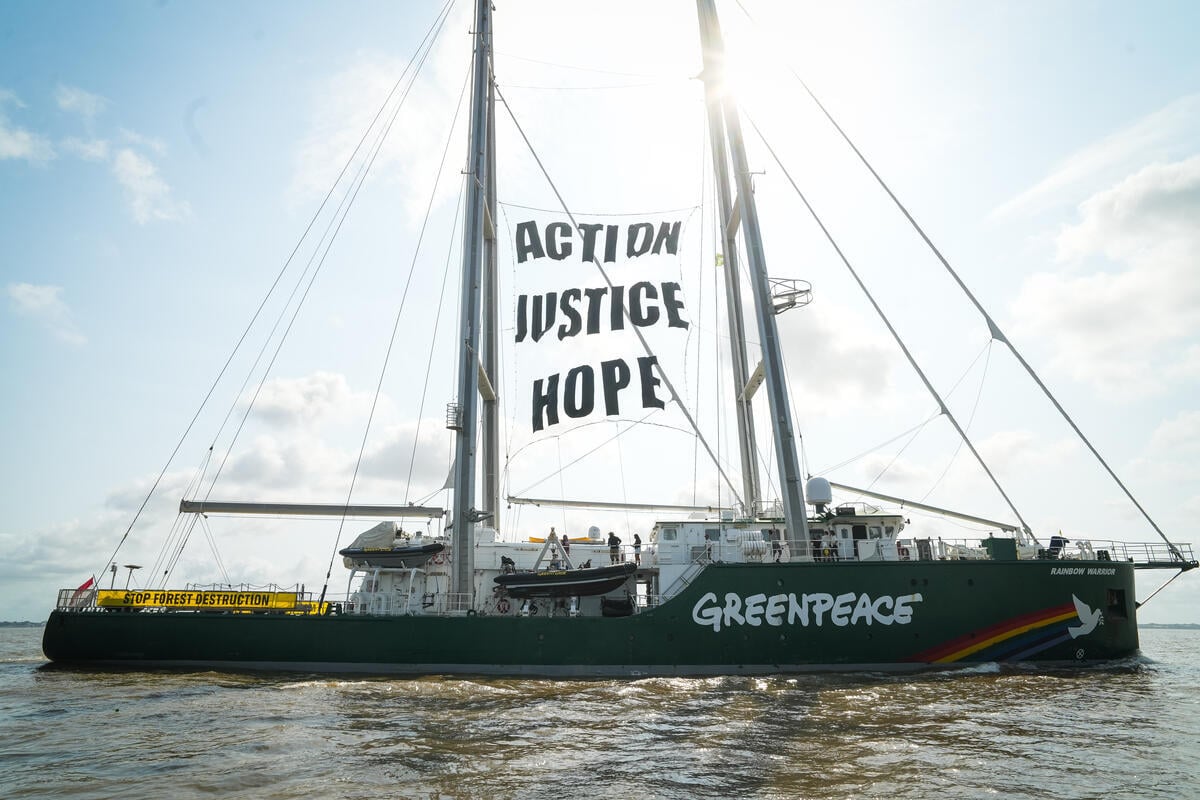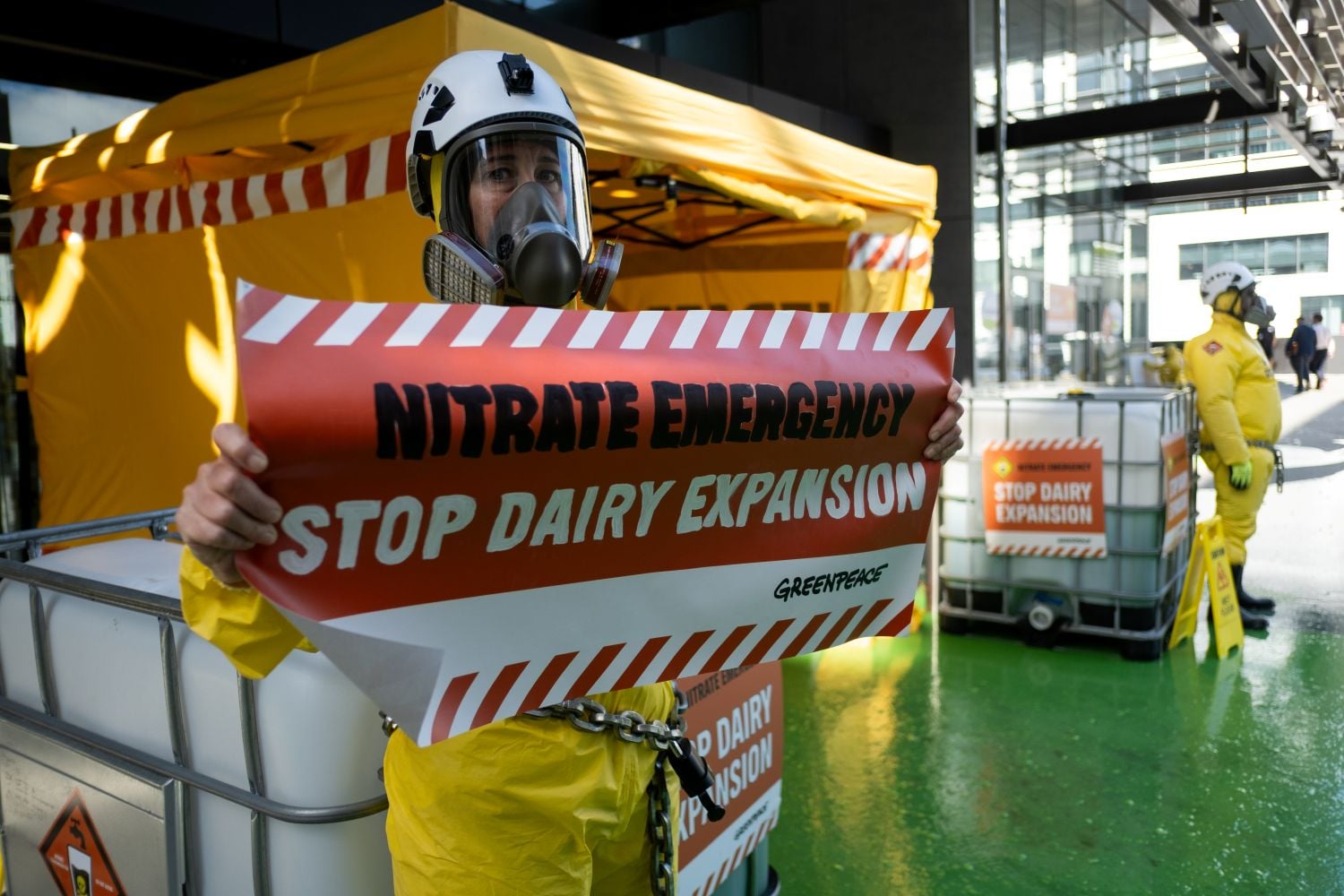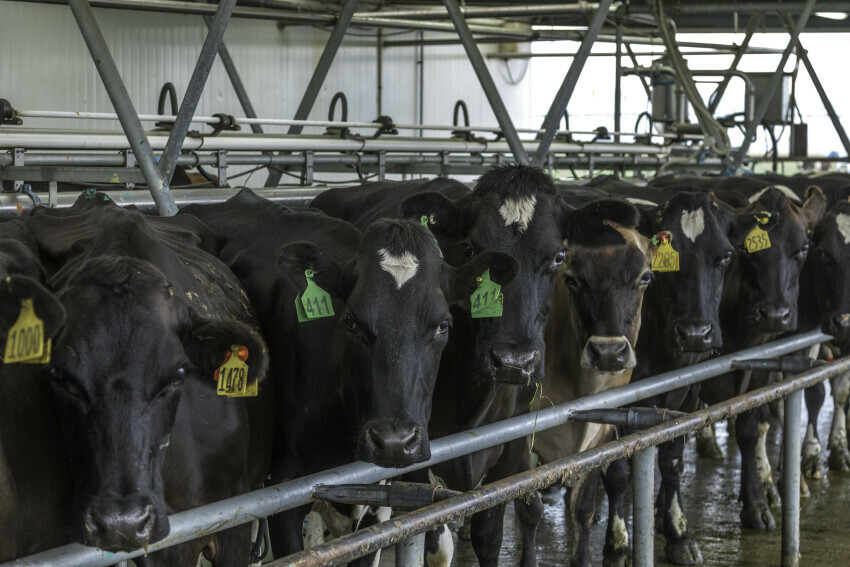Funny how, over time, crazy weird becomes the new normal. There were certainly some nutty ideas floating around when I was a young fella studying Agricultural Economics at Lincoln University last millennium.
Outlandish thoughts like growing fruit or running livestock without pesticides and herbicides. Absolutely barmy. Other hair-brained schemes involved running a cowshed on power from the sun. Nah mate, it’ll never catch on.
So when the Feds dairy guy Andrew Hoggard uses the dodgy term “mumbo jumbo” to describe this new idea Ecological Agriculture, it takes me back. Makes me wonder which side of history he’ll end up on? Maybe sharing a porch with those those who sneered at organics and solar power.
We live in fast-evolving times, characterised by massively confronting global problems that have become our own. Local difficulties are coalescing with international crises. The same factors causing our dirty rivers are also driving climate change.
In such a world it would be irresponsible to dismiss new ideas which seek to get to the heart of these problems, just because we can’t see past the end of our next milk cheque.
For some time Greenpeace has been campaigning about the state of our rivers. This summer saw a public tipping point. New Zealanders finally parked its disbelief that industrial dairying could be playing a major part in the degradation of our water.
Instead of urging restraint, the dairy industry is going the other way.
As the Lorax would say, it seems intent on biggering and biggering.
Firing up large irrigation schemes to convert more marginal land to make more bulk milk powder for overseas markets. An old-fashioned commodity scramble for exports that started when we sent the first frozen lambs to England. It is time we re-examined this short-sighted drive for expansion.
But dairy is crucial to the economy you say. Yes, the industry has been hiding behind that rock for a long time. Calling for a total ban on dairy farms would be truly cray cray. What’s the answer then? Less cows we say, and a change to the way we farm. Greenpeace believes, and it’s only a suggestion mind, that we need to move towards something called Ecological Agriculture.
Ecological Agriculture may be new to many readers and judging by Hoggard’s column, a little scary to some. Perhaps it would be less confronting to consider Eco Farming in the same breath as organics or solar power. Something once considered zany and unworkable, now a regular part of farmers economic toolkits.
Just a reminder about organics. The global market is sitting at $100 billion. Unthinkable back in the day.
And do we need to be reminded of the number of farmers who have embraced solar power to reduce bills and increase self sufficiency. Hugh and Sue Chisholm from Putararu who run their 64 bale rotary milking shed on 112 solar panels. “Solar energy is free so it makes sense to utilise it.”
Ecological Agriculture is just that – common sense.
Despite what Hoggard might think Ecological agriculture doesn’t mean subsistence. It’s not about swapping tractors for oxen. It doesn’t involve human sacrifices or ancient rituals. It simply means incorporating practical methods which put the environment front and centre.
When it comes down to it, what we are asking farmers to do is to cut out chemical herbicides, pesticides, fertilisers and genetically modified organisms. Sounds like organics, but Ecological Agriculture goes slightly further, shaking up the monoculture by encouraging a range of different crops and livestock on the same property, adding elements like agroforestry and agrotourism.
To over-simplify I guess you could regard eco farming as organic’s older, slightly more serious brother. Taking the idea of not ruining our food or environment with chemicals a step further. Saying let’s treat the farm as a diverse ecosystem rather than a mining operation. Planting crops and running livestock which are suited to the soils and climate rather than trying to over manipulate the land for our benefit.
Just as a start we could put a halt to converting marginal stony sheep country on the Canterbury Plains into dairy farms with mass applications of masses of fertiliser and expensive, damaging irrigation. Even hardcore advocates of dairying admit that this has a whiff of desperation.
Locally it’s the rivers which provide the best reminder of a broken system. Sixty two per cent of our monitored rivers are unswimmable. Just look at the Selwyn in Canterbury. Can anyone put their hand on their heart and say it’s not a national disgrace.
Understandably there’s been a lot of resistance. DairyNZ continues to deny the extent of their involvement in dirty rivers. They point angrily to sewage and industrial waste in cities. Thing is 0.8 per cent of New Zealand’s rivers are influenced by urban land. 45.7 per cent are influenced by pasture.
The Ministry for the Environment, the National Institute of Water and Atmospheric research and the Parliamentary Commissioner for the environment have all drawn a clear link between industrial dairying and water pollution. But when we dare to mention this in an ad, DairyNZ took us to the Advertising Standards Authority. They accused us of lying and lost. Then DairyNZ appealed and then backed down from the appeal. It was a PR-magaeddon.
Here’s the ad:
Now DairyNZ is suggesting we kiss and make up. The result perhaps of some better comms advice. Greenpeace made it clear that it would not be abandoning its struggle on behalf of the people in New Zealand who want clean rivers.
We will not abandon our key requests that New Zealand starts lowering the dairy herd and halt irrigation – which is exacerbating the problem by turning more marginal land into dairy country.
This month Greenpeace NZ was invited to talk at the Sheep and Beef farmers conference. We willingly attended. We are more than prepared to talk to farmers who have a genuine willingness to hear us. Despite what they might say publicly, the dairy industry hasn’t shown itself open to new suggestions. We hope that will change.
No amount of posturing and political manoeuvring will save our rivers, just action. We are not talking about fencing off or planting native trees on river banks – as worthy as that may seem. But, it’s not just about keeping the beasties away from the water. As a NIWA report said back in 2010 “Getting the stock out of streams isn’t going to be enough.”
Last month Greenpeace released a simple animation called Mildred and the Piss-apocalypse to explain the science of river pollution. Never mind the obvious effects of cattle wading and excreting in rivers, nitrates get into the groundwater via cows urinating in the paddocks.
Nitrates together with phosphorus from fertiliser leads to a proliferation of sickening algal blooms we’ve seen this summer. There is no amount of effluent control in the milking sheds or riverside planting which can prevent this. Unless of course someone invents nitrogen proof grass or nappies for cows.It is hard to hear new things from people who don’t live like you. It is easy to write Greenpeace off as know nothing townies.
That is why we would like to introduce Andrew Hoggard and any other farmers locked in the 20th century to some of the NZ cockies already going down the Eco road. Then he can hear directly from them how practical and pragmatic these “crazy” notions may be.
Over the coming months Greenpeace will be rolling out videos of these eco pioneers within our farming community, so people can see for themselves what the future might look like.
Export success will not come at the expense of the environment. That’s what Massey’s Emeritus Professor Russ Tillman said last week when asked about the state of dairying in 25 years.
Tillman predicts an incentive system where milk payout will be based on a star rating which cockies are awarded for their greenhouse gas footprint, nitrate leaching, animal welfare and other environmental impacts.
Those with two stars he says will not survive.
Think of ecological dairy farms as those with a five-star rating getting the highest payout.
It might be an interesting exercise forHoggard to clip out his own article, pop it in an envelope and open it in 2042.
Not only will he be able to show his great grandchildren what a newspaper looked like, he might be able to giggle at the folly of his own dismissiveness.



